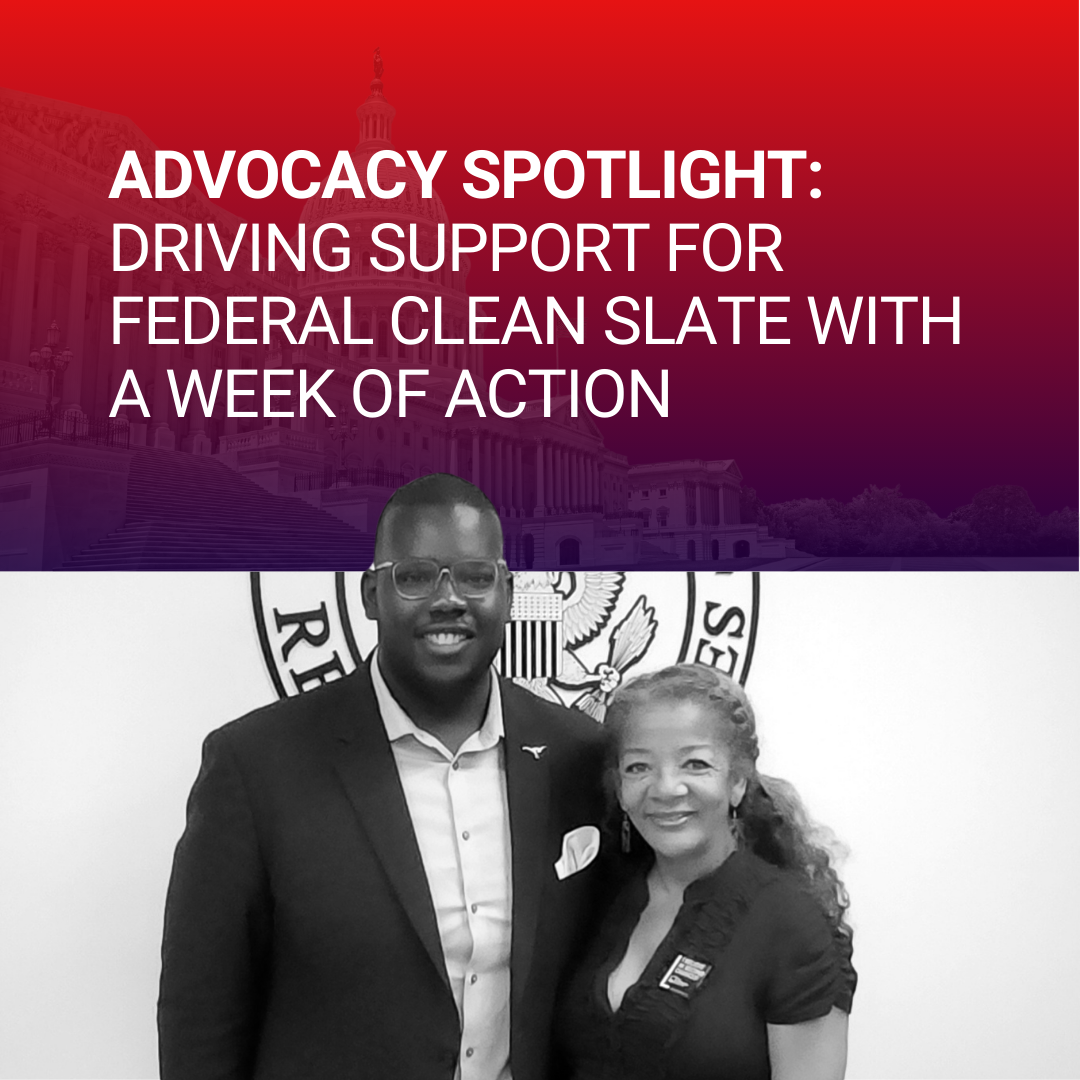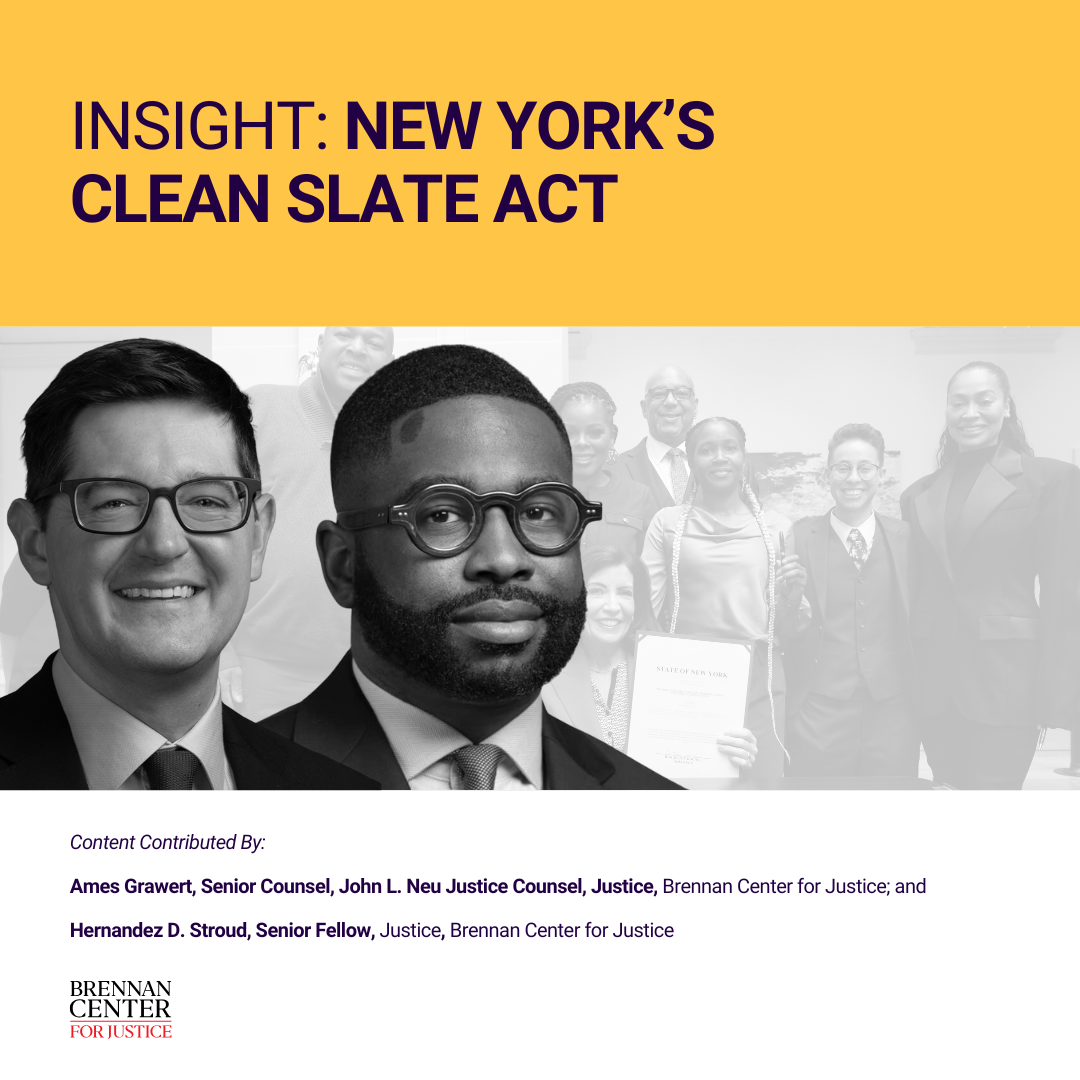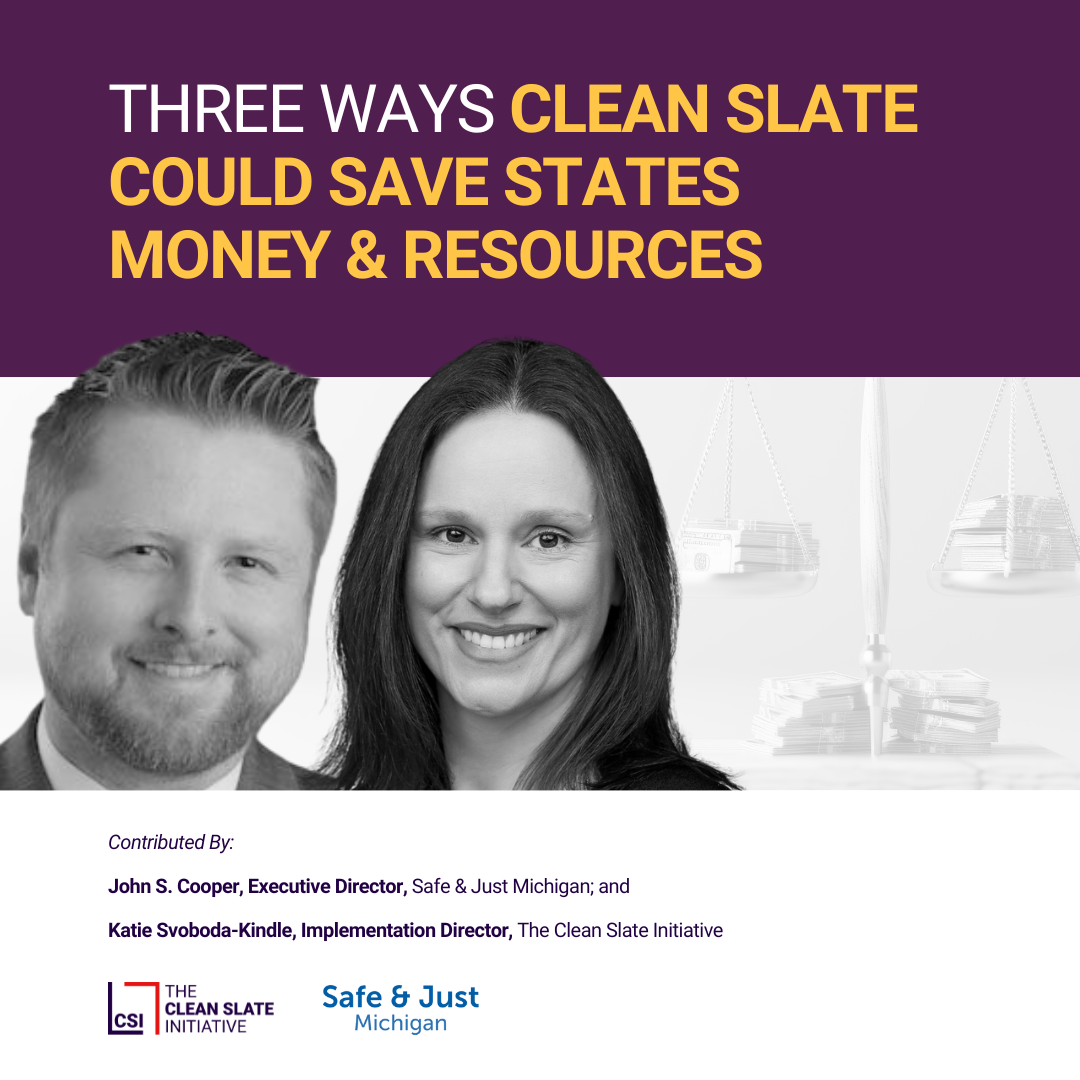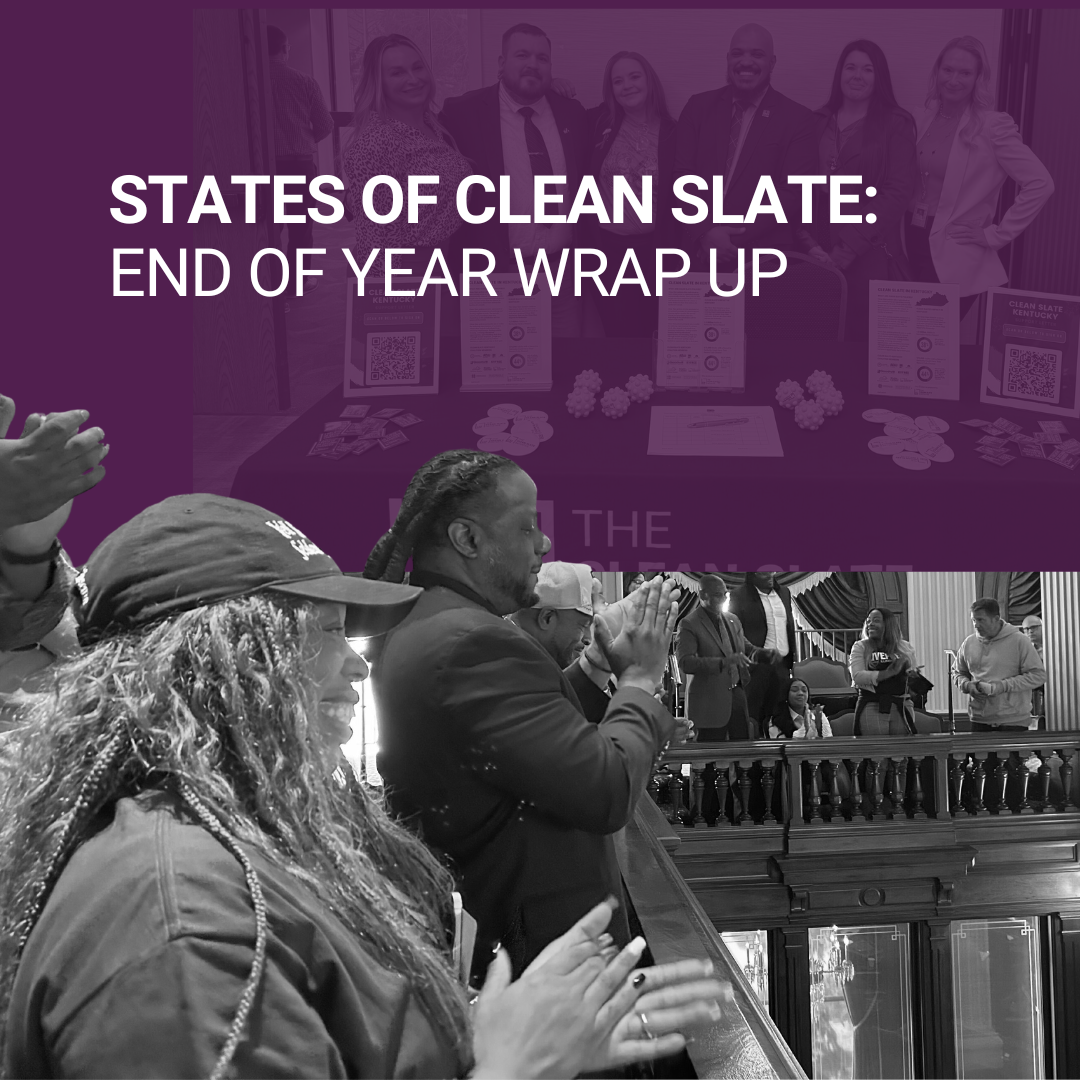Through the Fog: The Importance of Record Sealing for People Struggling with Mental Health

People often equate mental health challenges to walking through a dense fog. For someone struggling with their mental health, while also living with the consequences of an arrest or conviction record, that fog can be even thicker.
Navigating through a dense fog is hard, but even the thickest fog will clear with the right conditions. If a person has their basic needs met: a stable job, a safe home, and opportunities to be part of a community, they’re more likely to be able to see their way through a mental health challenge.
A stable job provides financial stability — and good jobs often come with insurance benefits so people can seek the help they need. For people with records, though, it’s not always easy to find a job that offers steady hours, a decent wage, and critical benefits. Studies have shown that employment plays a key role in mental wellness, but many employers are reluctant to hire people with records, even for minor offenses.
Housing can also be difficult to secure with a record. Many landlords run background checks and may automatically reject applicants with records, regardless of how minor or how old the offense is. For someone grappling with their mental health, not having a safe place to live can make it impossible to tackle any other steps toward healing.
Clean Slate’s automatic record sealing shifts the burden of relief from the person to the system. Taking away the daunting steps of a petition-based process makes it easier for every eligible person to get their record sealed, and removing that red tape could make all the difference for someone with mental health challenges who is struggling to complete even simple day-to-day tasks.
To date, twelve states have passed Clean Slate laws that meet The Clean Slate Initiative’s policy minimums. As a result, over 15 million people are eligible for full or partial record sealing. With an estimated 23.1 percent of the U.S. adult population living with a mental health challenge, it’s likely that these policies are already supporting people in their journey through the fog.
With Clean Slate, we can create better conditions for those living at the crossroads between a mental health challenge and an arrest or conviction record. When we pass and implement Clean Slate laws, we can help make the fog a little less dense, giving someone who is struggling a better shot at finding their way through.
.avif)
.avif)




.png)
